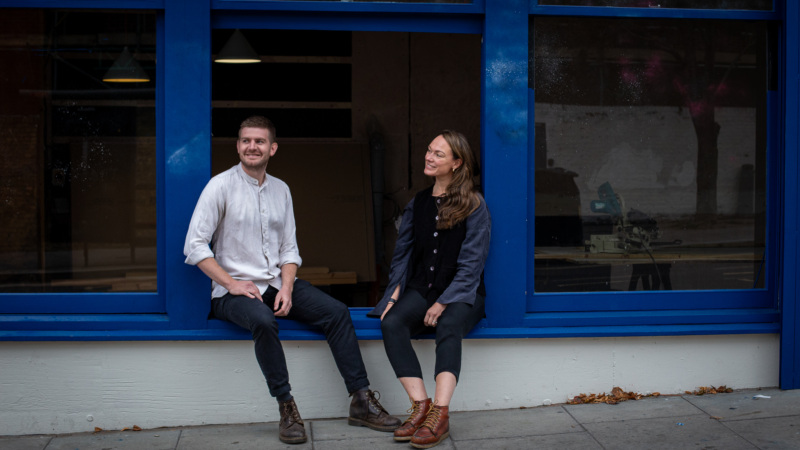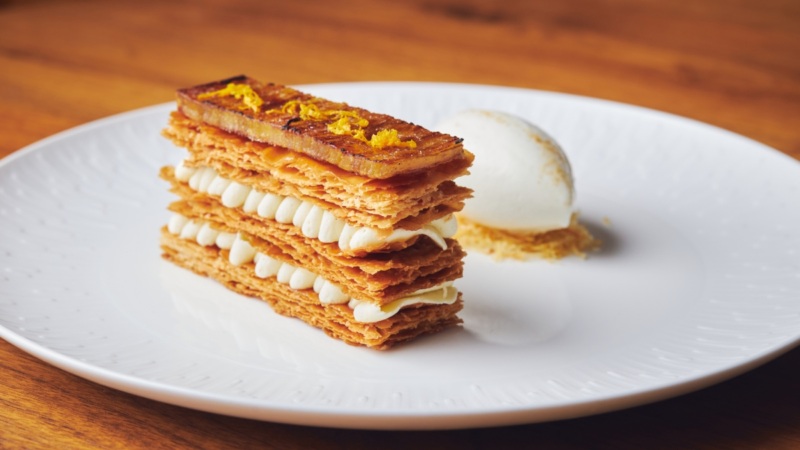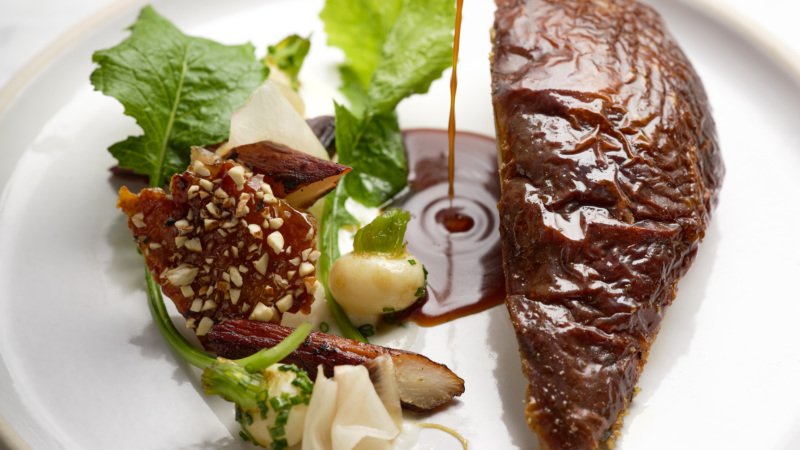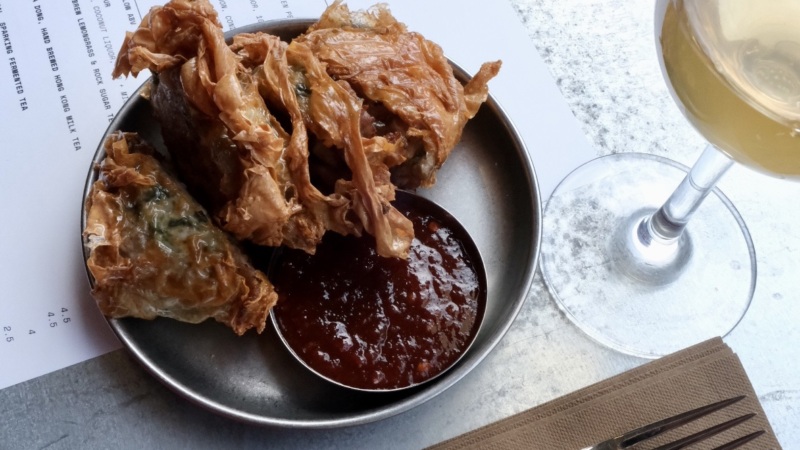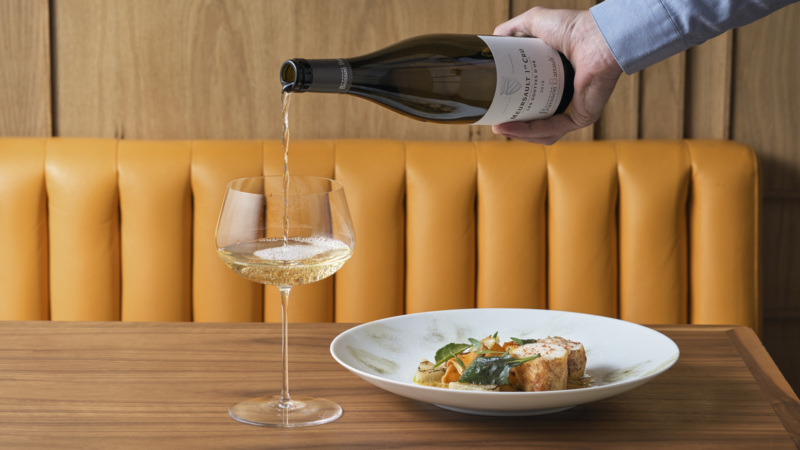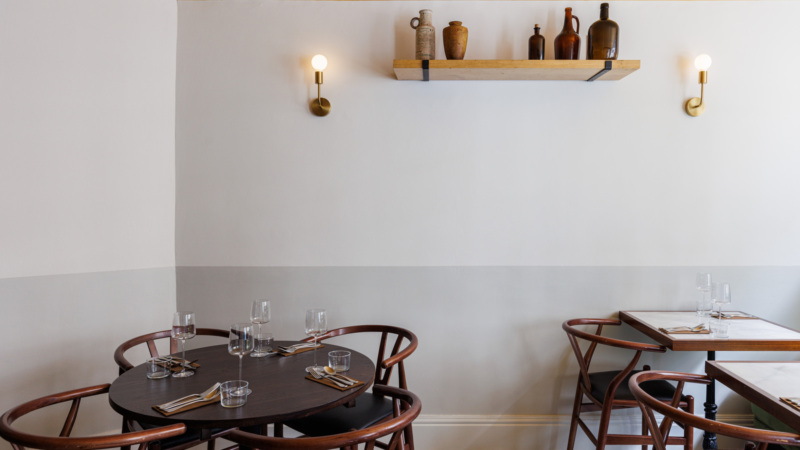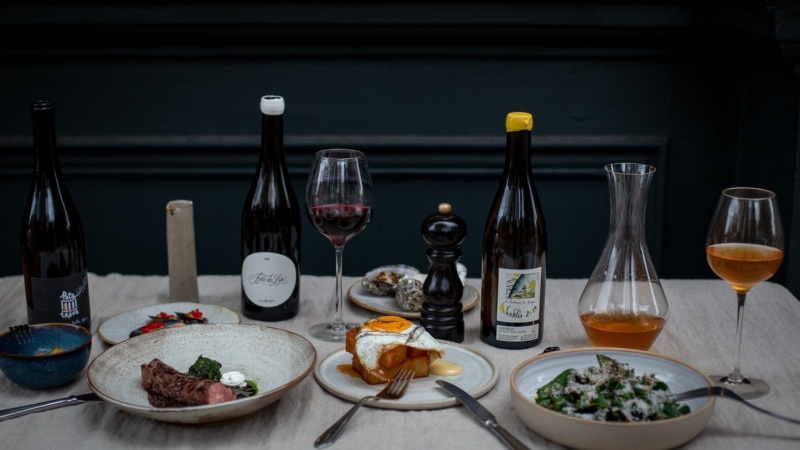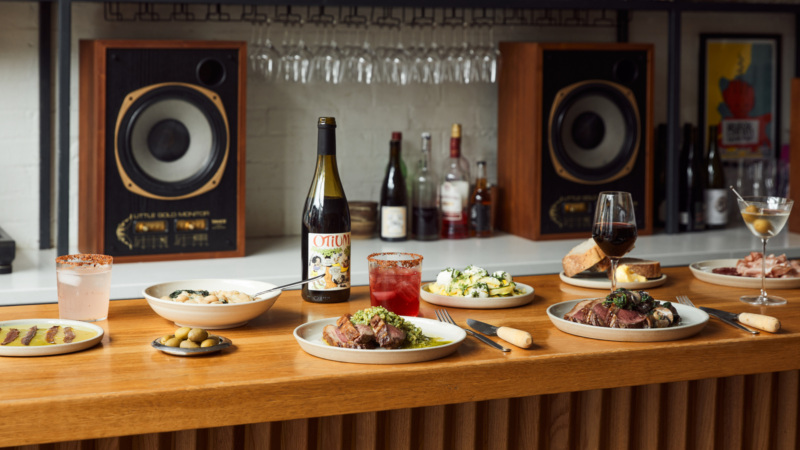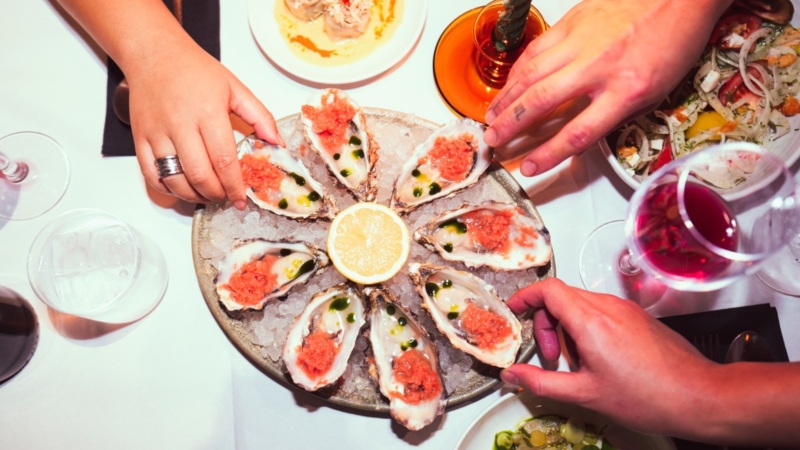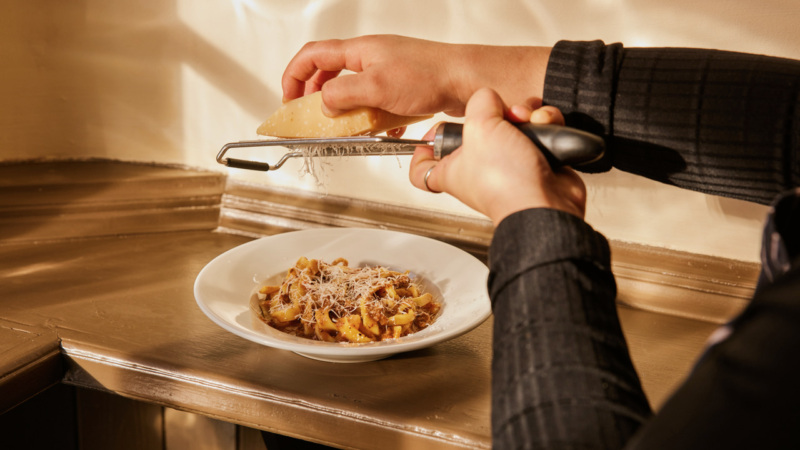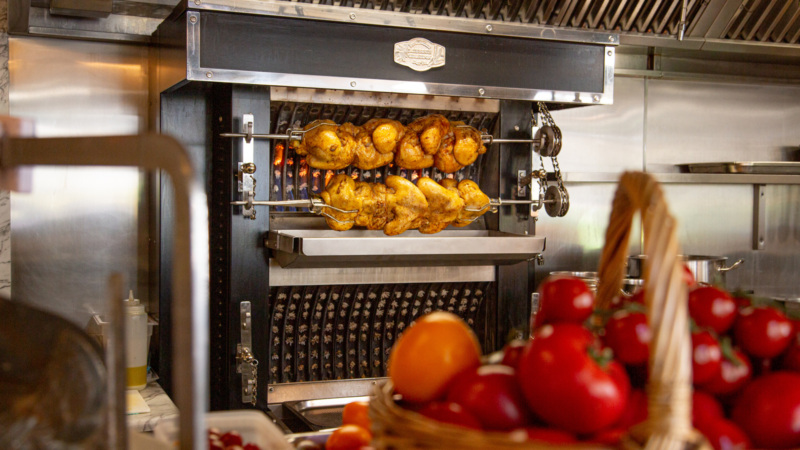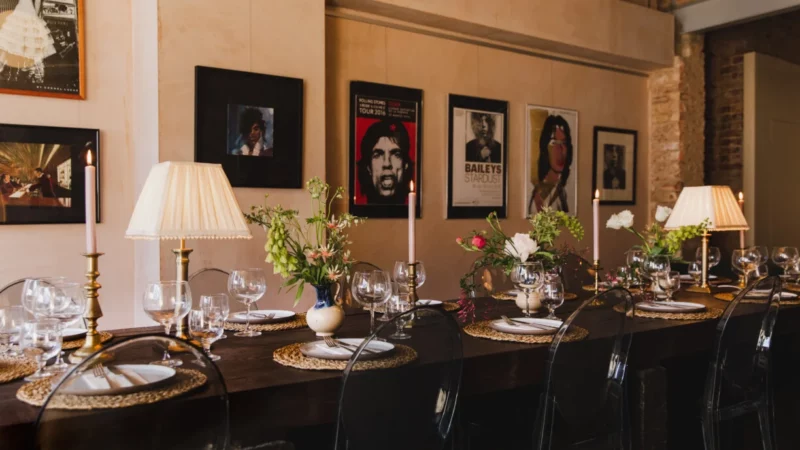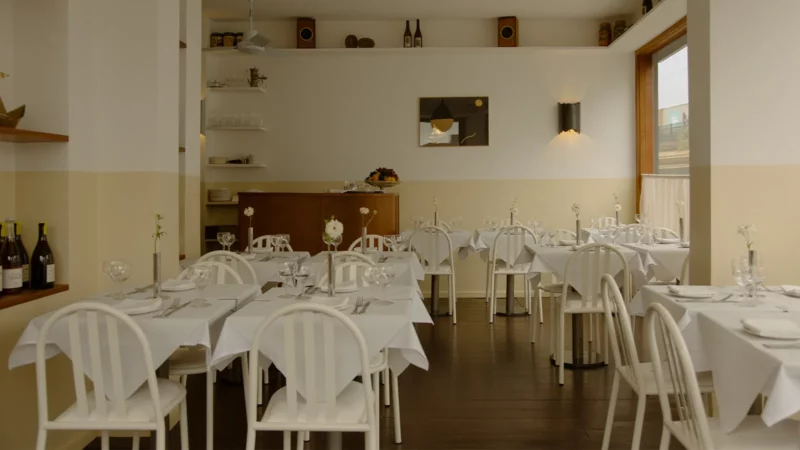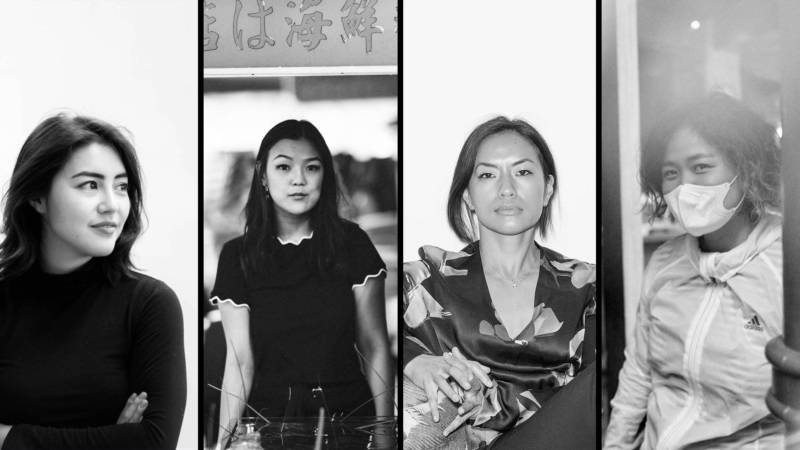
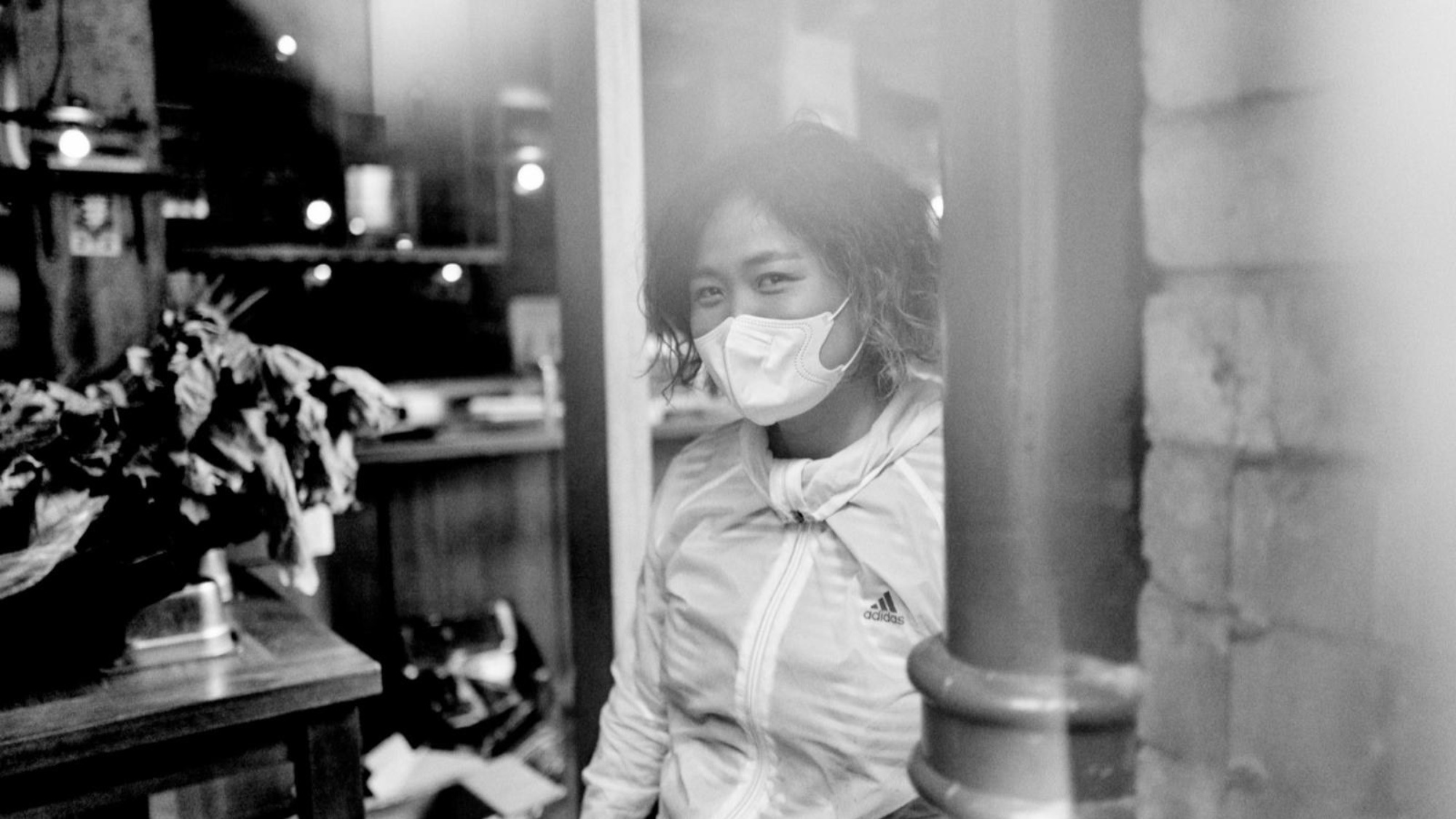
Songsoo Kim, Former Chef and Farm Manager
Published:
Overwhelmingly, much of the activism, organising, and public response within the UK’s East and South East Asian (ESEA) community towards anti-Asian harassment and violent crime has come from women. Often, this work isn’t seen, as the labour of Asian women – as with that of other marginalised groups – is often hidden from public spaces, but also hidden as it is not recognised as work.
Few understand the effects of having one’s labour unseen quite like Songsoo Kim, a former chef who worked in highly regarded London restaurant kitchens before leaving the industry to work at a farm near Cambridge. There, her new surroundings have contextualised her experiences in kitchens, and are a reminder of how deep systemic prejudice runs – and how much unlearning there is to do.
Here, she shares the importance of having – and normalising – difficult conversations about race, why change has be structural, and her desire for more women of colour chefs to be unapologetic.
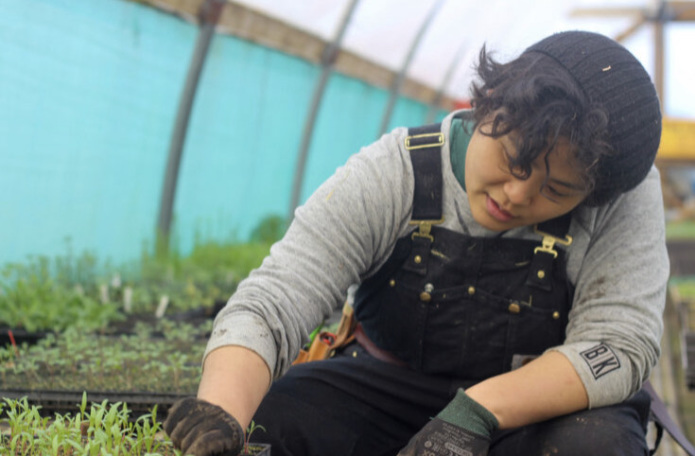
How has the last year affected you?
The last few weeks [since the Atlanta killings] have been really emotional. In a way, I blame myself for not surrounding myself with more Asian women, so we can check in with each other, and see how we are feeling; I only speak consistently to my friend Pam [Yung, Head Chef at Flor]. Having lived in America, being Asian American, I know about this shit, but it is only now that it’s all coming out in the media. In the past year, the world has had to address the issues which is good, but it is sad that is only happening now.
It is awesome that a lot of people have the courage to speak so eloquently about racism more. But for me it can be very triggering. For me, it is about practice, so that having this conversation can become easier. We need to normalise talking about racism, so that it is a part of every day.
What does that conversation look like to you?
Conversations about racism make people so uncomfortable. So not only do I have to deal with the moments of racism, but I have to deal with people feeling uncomfortable. I wish when I do say something and I’m put on the spot, that the air isn’t awkward, and that ‘yes, racism is real’ and those ‘small moments’ matter. I feel like I have so many who just leave the room, switch off, and will later in private agree with me. It makes me feel really lonely and devalued. It goes back to people not thinking it’s institutional, but personal.
“I moved out of the restaurant industry because I didn’t feel I had the support or mental space.”
I moved out of the restaurant industry because I didn’t feel I had the support or mental space. What I mean is that I can talk about experiencing racism, but if I am not heard, or listened to, or acknowledged, then I am being gaslit. Sometimes you don’t know that the change actually means – it can’t be a one-person job – there need to be informed structures to help with that. The structure is not there to deal with it, instead you feel like a victim – someone who ‘allegedly’ experienced racism or is simply ‘too sensitive’.
There are workshops on management, but no workshops on race, diversity and the issues surrounding it. Or at least, very few in the restaurant industry are doing them. It takes an investment of time and resources to combat this topic. And if that isn’t being done, then it is up to the individual to continuously point out when things are problematic. I became unable to deal with this. My farm job is coming to an end though, so I may end up back in restaurants.
What I am learning on the farm now though, is that this runs so deep. If we think about what kind of vegetable is being grown, what is considered sustainable, what is able to be imported from China…the division of what Asian food is…well, it all starts from the seed.
How do you think about solutions, when thinking of the labour of Asian Women in the industry?
To think it is to look at patterns. Patterns in hiring and promoting. Looking at your communication and the community you serve – which is those that you literally serve and those you employ. As a Woman of Colour you see these patterns, working against you. And it isn’t just about skin colour it is about there being room for others, it feels that the same voices are being heard and it is dogmatic. And, if issues are pointed out it is met with defensiveness.
There is hidden labour in bringing issues to light. This is an example which happened last year but is very typical – I was working at a non-Asian restaurant and they were using Japanese white soy with gravy and steak, and calling it dashi. I read hiragana, and [reading the label] I told the chefs what it was; I was ignored. Dashi is a very specific thing, and I would expect any chef would want to know this. Only one chef – a white, male Canadian chef – said “oh hey, I called it dashi for a whole two years, you learn something new every day!”. The rest of the – white, male chefs – continued to call it dashi.
“My knowledge was not heard, it was not seen as valuable. This is so hard to deal with, and it happens often.”
My knowledge was not heard, it was not seen as valuable. This is so hard to deal with, and it happens often. The change has to come from the top, the head chef needs to say – OK, let’s change it, thank you for letting me know. This sort of incident happens daily. It is infuriating on so many levels.
Over the next few years, what do you hope to see?
I hope to see more women of colour chefs being unapologetic. I want to see more agency – saying, doing, telling your story. In the way that some of us do – like Mandy Yin of Sambal Shiok, but more!
It can be hard because a lot of us want to be liked, and we are operating within the white gaze which makes it difficult. We want to convince people that what we make is delicious, and we are trying to convince a particular group. We are often not considered part of the ‘cool’, ‘hipster’ group, even if we are using the best ingredients and produce, like so many ‘trendy restaurants’.
I was speaking with Cynthia Shanmugalingam of Rambutan, who is writing a cookbook, about how we are constantly questioning ourselves – who is watching, who is reading, but does it matter? There is so much unlearning to do for us. There is so much knowledge, ancestral knowledge, based on family and environment, and living as an immigrant requires creativity. Passing down knowledge requires storytelling, which is creative. I want that to be heard. I want there to be space for us to fail, too.
Anna Sulan Masing is a London-based writer and academic, and a co-founder of Sourced Journeys and Cheese Magazine. She is of South East Asian heritage and has written extensively about race, gender, and cultural appropriation in food. The women interviewed are people in her network and those who she has encountered through her work over the years. Follow her on Twitter and Instagram. Follow Resy, too.
